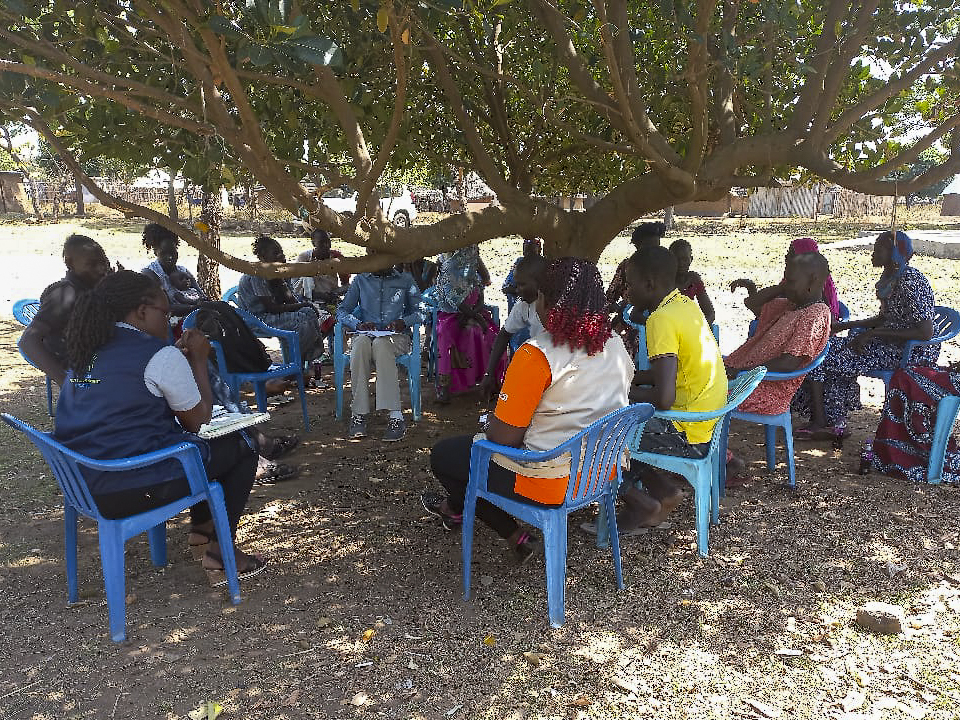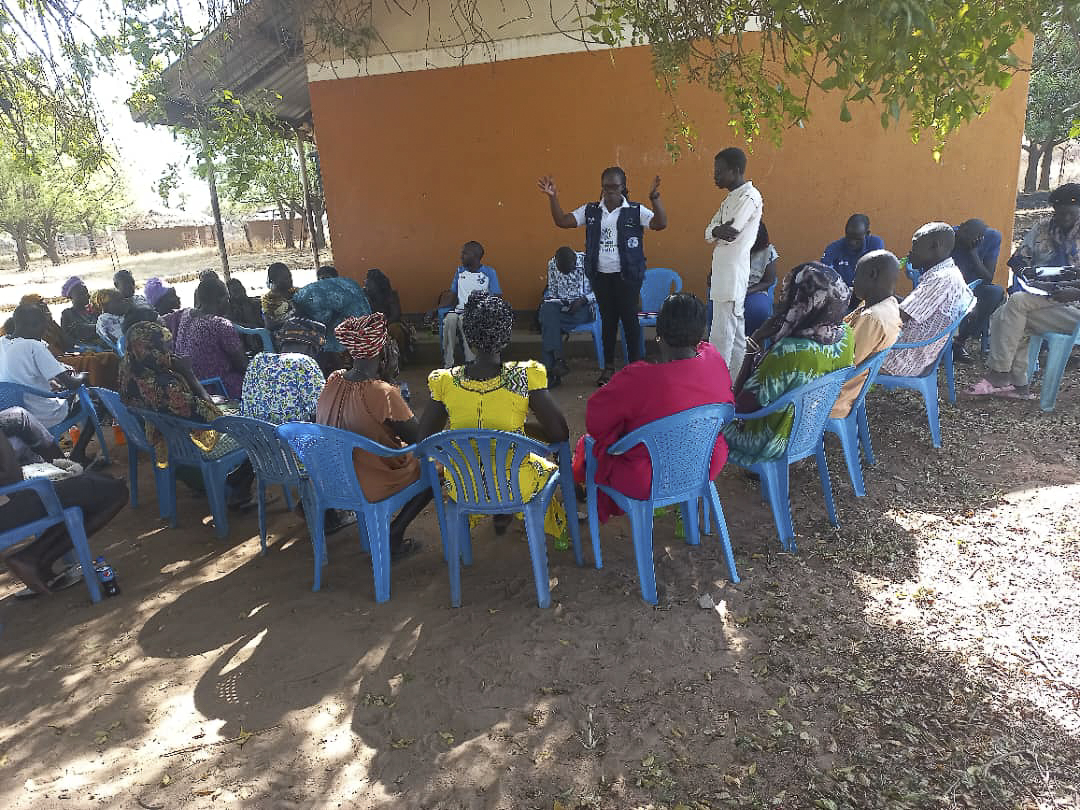March 28, 2024 – WPDI is delighted to announce a new deployment in Uganda: after the Acholi Sub-Region, the Karamoja Sub-Region, and the Kiryandongo district, WPDI will set up operations in the Adjumani district starting in 2024, working in two refugee settlements: Nyumanzi refugee and Ayilo 1.
Building on the experience and expertise gained by our teams across Uganda and at the Kiryandongo Refugee Settlement where we currently support 89 women-led businesses, the project is part of WPDI’s wider effort to implement the UN Sustainable Development Goals in benefit of the most vulnerable populations, notably forcibly displaced persons. There are currently over 1.5 million refugees and asylum seekers from various countries in Uganda. Listed by the UN as a Least Developed Country, Uganda grapples with the impact of climate change, economic vulnerability, and a refugee crisis, all while striving to address underfunding and a strain on resources.
To address the pressing issues faced by women and girls who have escaped violence, severe drought, and forced displacement in the Ugandan refugee settlements of Adjumani District, this new WPDI project aims to enhance food and income security, self-employment, energy access, and gender-responsive, climate-resilient livelihoods by the end of 2025. This initiative seeks to uplift the livelihoods, resilience, and independence of refugee women and host communities, working towards a more sustainable and secure future.

The project contributes to a 2-year initiative titled ‘Advancing Women’s Leadership Empowerment and Resilience in Uganda’s Refugee Response (LEAP II) in Adjumani District,’ with financial support from UN Women and the Embassy of Norway. This project is an integral component of the broader Norway-funded four-year program entitled ‘Advancing Women’s Leadership, Economic Empowerment, and Resilience in Uganda’s Refugee Response Plan (Phase II) 2021-2025’.
Resilience is at the heart of the initiative, as its primary objective is to foster positive coping mechanisms and sustainable economic activities for 2,990 individuals (2,815 women and 175 men) within the refugee and host communities. Within this group, 10% are persons with disabilities, and 30% are members of the host community.
Aligning with the strategic orientations of UN Women and Norway, the project aims to realize two key outcomes: 1) increased access to sustainable livelihood opportunities for refugee and host community women, and 2) enhanced participation and benefits in Disaster Risk Reduction/Women’s Resilience Disasters for both refugee and host community women. These outcomes will be attained through various interventions based on the results we have achieved with our Women’s Livelihood Program, through which our 89 women’s businesses, most of them cooperatives, have generated more than 1,300 jobs since its inception in 2017.

Seeking to replicate such outcomes, our teams will work to empower 1,050 refugee and host community women through saving and lending associations. This will allow them to enhance their financial capacity and literacy, and assist 750 refugee and host community women with startup grants, business skills training, and market linkages to establish small and medium business enterprises. Additionally, the project will provide training to 350 women and men on Gender Action Learning Systems, challenging underlying gender norms currently hindering women’s engagement in business.
Moreover, WPDI will take advantage of this new deployment to pilot climate-related activities, in line with our recent strategic reform. In this context, we will enhance access to climate-smart agricultural information, assets, tools, and technologies for 350 refugee and host community women. The climate component of the project will also entail extending training and access to alternative fuel sources to 165 refugee and host community women, and support 325 female and male-headed households in planting herbal, fruit, and woodlot trees for environmentally-geared enterprises. Finally, the project will assist the Adjumani District Local Government in developing locally designed and inclusive gender-responsive preparedness and early warning mechanisms to address disasters and climate change.

The project was inaugurated on March 21, with the launch serving as a platform for key stakeholders within the district to acquaint themselves with LEAP II’s objectives, including its scope, budget, expected outcomes, and activities. Moreover, the launch proved instrumental for developing stronger ties between WPDI and local stakeholders, including the local branch of Office of the Prime Minister (OPM), with which we maintain a very fruitful collaboration at the Kiryandongo Settlement.
Noteworthy participants in the event included the Resident District Commissioner, the LCV Chairperson, district officials, and representatives from refugee settlements. Discussions centered around the importance of close coordination, future plans for equitable support between refugee and host communities, as well as the importance of transparent information sharing and reporting mechanisms.
With the project now up and running, our teams have begun working with local leaders and organizations to start recruiting participants for the program. We’re delighted to see what the future holds for our latest deployment and we thank UN Women and Norway for their trust.
